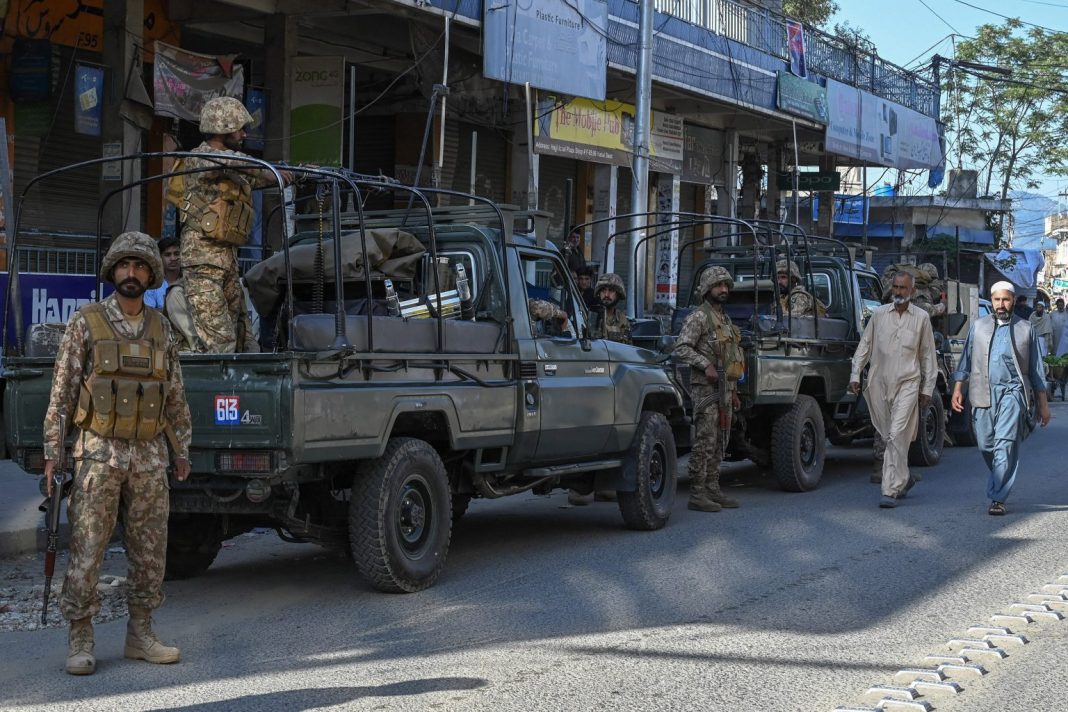In a tragic escalation of violence in Pakistan’s Balochistan province, seven soldiers were killed and 15 others were injured when separatist militants attacked a paramilitary border post in the Kalat district. This assault marks a severe continuation of hostilities by the Balochistan Liberation Army (BLA), coming just a week after the group carried out an attack that resulted in 26 deaths, including 14 soldiers, at a railway station in the same region.
Local authorities reported that between 40 to 50 armed militants targeted the border post manned by the Frontier Corps Balochistan. The assault unfolded over several hours, consisting of intense gunfire that highlighted the volatile security situation in the area. A civilian administrative officer confirmed the death toll and indicated that those injured during the confrontation were airlifted to Quetta, the provincial capital, for urgent medical treatment.
Jeeyand Baloch, a spokesperson for the BLA, claimed responsibility for the border post attack but did not elaborate on further details. The BLA has a history of brutal assaults against security forces and individuals from other provinces, particularly those of Punjabi descent. The group has often targeted energy projects in the region, which are often funded by foreign investors, especially from China. The insurgents accuse external entities of exploiting Balochistan’s rich resources without benefiting the local residents, who remain among the poorest in the country.
Prime Minister Shehbaz Sharif condemned the attack on social media, expressing his condolences to the families of the deceased soldiers and vowing that immediate action would be taken against those responsible. He stated, “Such cowardly acts cannot deter our resolve. Together with our nation and security forces, we will eliminate this menace.”
This recent violence underscores an alarming trend as militant groups intensify their activities in Balochistan, a strategically significant region that shares borders with Afghanistan and Iran. The BLA’s prior attack on a railway station raised concerns about security vulnerabilities in the province, which has witnessed a wave of coordinated assaults that have become increasingly deadly, resulting in significant casualties recently. The implications of the deteriorating security situation are far-reaching, not only for the military and government but also for the civilian population living in fear amidst ongoing conflict.





